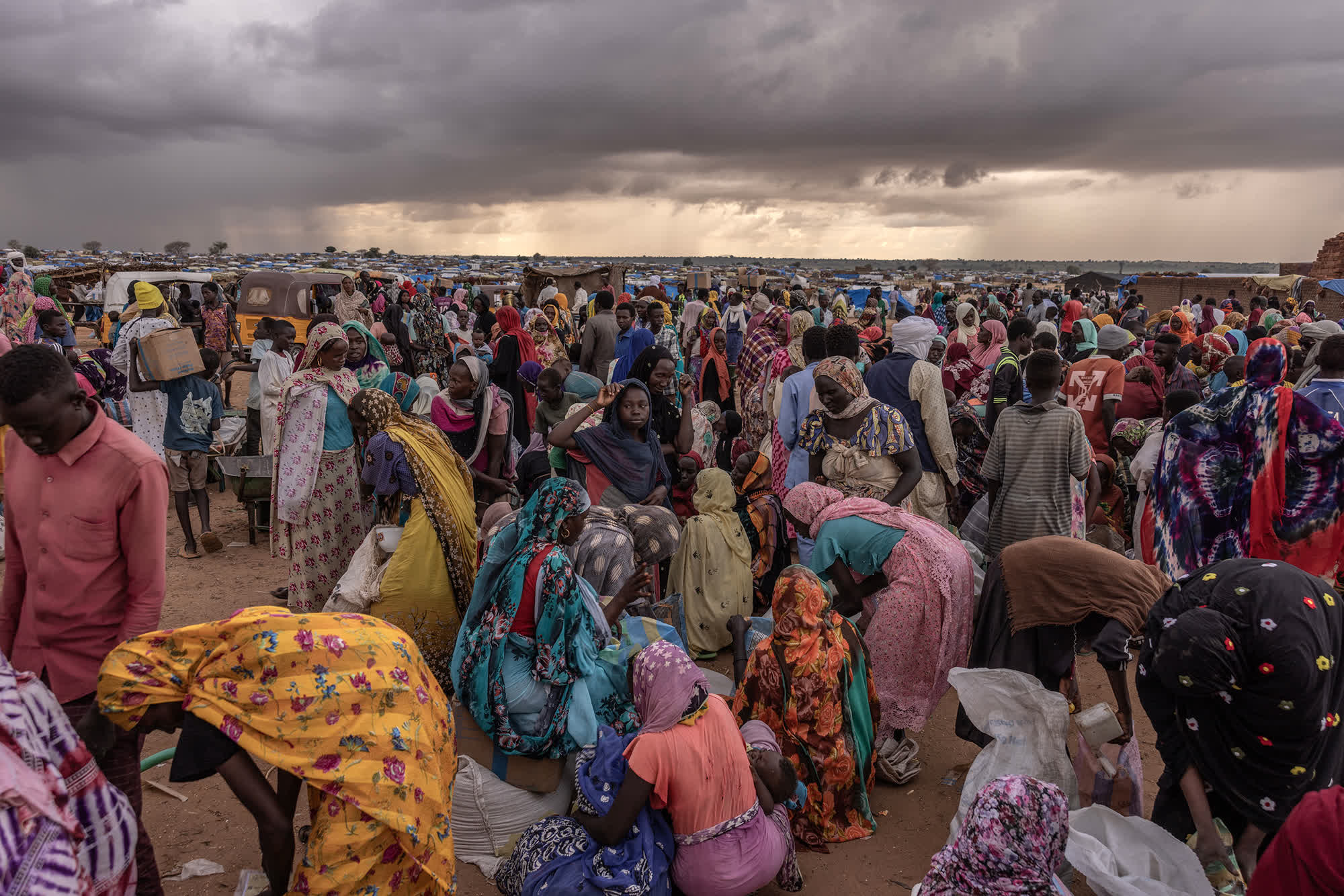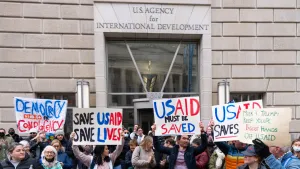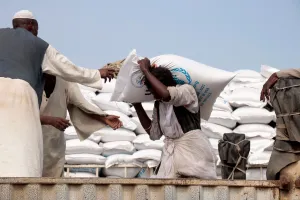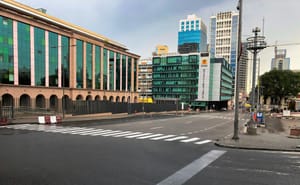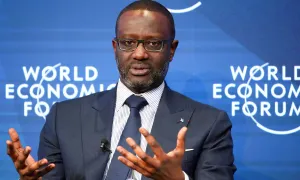As Sudan nears the third year of its brutal civil conflict, significant developments on the battlefield have prompted cautious reassessments. The Sudanese Armed Forces (SAF), after launching a broad offensive in September against the paramilitary Rapid Support Forces (RSF), have recaptured large parts of Gezira state and made surprising advances in the capital, Khartoum.
Whether this signals a definitive shift in momentum remains uncertain. While some foreign supporters of the SAF suggest a turning point, the reality on the ground is far more complex. Even if Khartoum is fully reclaimed, the challenges of rebuilding the war-ravaged city are immense. The RSF, meanwhile, may entrench itself in other regions, particularly Darfur, where its actions have already drawn international condemnation.
The prospect of meaningful negotiations between the warring factions remains remote. Civilian governance—already dismantled in a 2021 coup staged by army chief General Abdel Fattah al-Burhan and RSF commander Lieutenant General Mohamed Hamdan Dagalo (commonly known as Hemedti)—appears more distant than ever, as both sides escalate violence rather than seek compromise.
The human cost of this war has been staggering. While atrocities have been reported on both sides, the RSF has been especially implicated in widespread abuses, prompting the U.S. to formally designate their actions in Darfur as acts of genocide, echoing the horrors perpetrated by their forerunners, the Janjaweed, two decades ago.
Despite the scale of the suffering, the conflict in Sudan has received alarmingly little international attention. Overshadowed by the wars in Ukraine and Gaza, Sudan’s humanitarian crisis has unfolded with minimal media coverage and insufficient international response. UN Secretary-General António Guterres has called it a “nightmare of violence, hunger, disease and displacement”—yet global action remains sluggish.
Currently, close to 25 million Sudanese—half of the nation’s population—are suffering from acute food insecurity. A third of them are on the brink of famine. Both combatant groups have weaponised access to food, blocking or destroying supply routes. Compounding the crisis, the UN's humanitarian aid appeal is grossly underfunded, leaving Sudanese refugees in neighboring countries like Chad, South Sudan, Ethiopia, and Uganda with only a fraction of the necessary food support.
The recent closure of USAID by the U.S. administration, under the controversial leadership of Elon Musk, has resulted in vital medical supplies being stranded in Sudanese warehouses. But the blame extends far beyond Washington. Other governments and international actors have failed to prioritize Sudan, even as some have fueled the war for geopolitical gain.

The consequences of this neglect are already rippling across the region. In South Sudan, a fragile peace deal from 2018 still holds, but the influx of refugees and the disruption of oil exports, which account for nearly 90% of state revenue, are placing unprecedented strain on an already vulnerable country. Similar concerns are emerging in Chad, where the government’s alignment with the UAE, a known backer of the RSF, is stirring domestic tensions and exacerbating pressure from refugee flows.
Sudan’s strategic location at the crossroads of North Africa, the Sahel, the Horn of Africa, and the Red Sea gives the conflict regional significance that cannot be overstated. European governments, eager to contain migration and curb extremism in the Sahel, have largely turned a blind eye to Sudan’s collapse—a short-sighted approach that ignores the long-term consequences of regional destabilisation.
Failing to act decisively in Sudan is not only a humanitarian failure but a strategic miscalculation. The crisis demands more than reactive diplomacy and underfunded aid pledges. For the region and the international community alike, meaningful engagement is urgently required, both to prevent further devastation within Sudan and to avoid a wider regional collapse.
